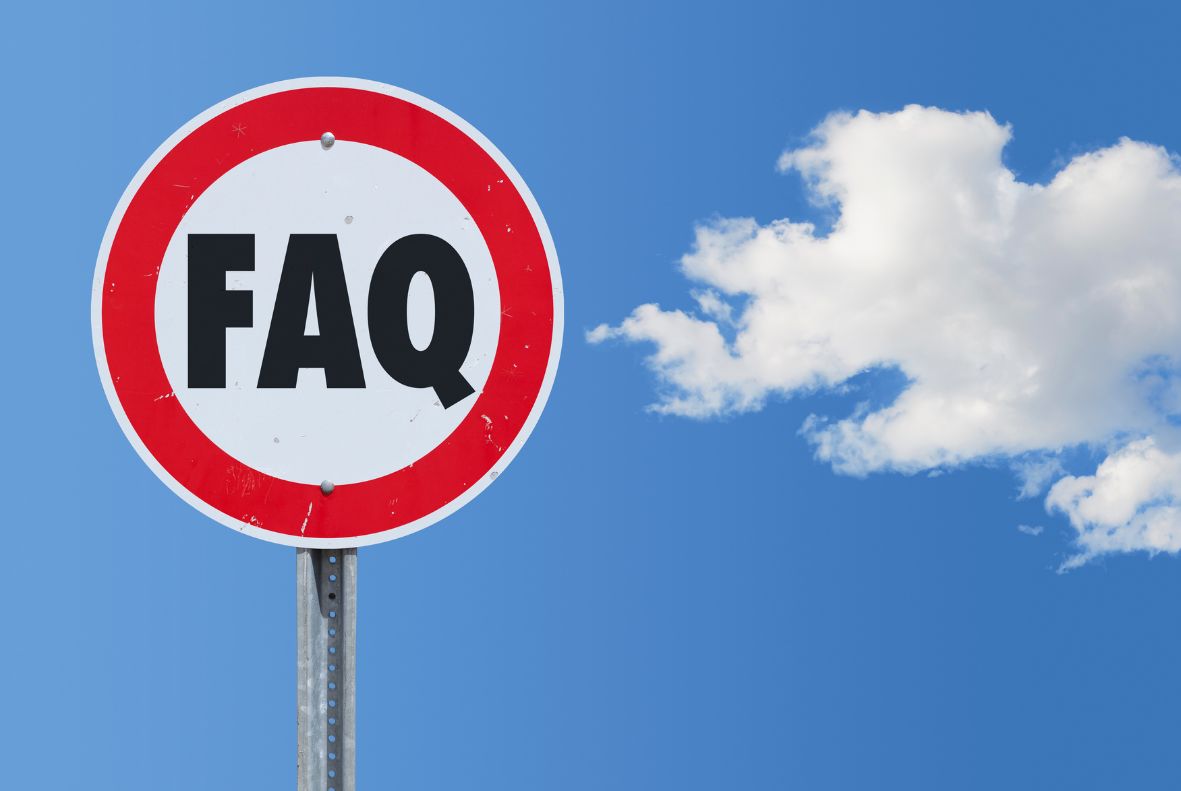Compare motorbike insurance quotes now
- Compare competitive motorbike insurance providers
- Quotes from UK insurance providers
- Save up to £239 on your bike insurance*
Get Cheaper Motorbike Insurance
All of the following can have an impact on the amount you pay for your motorbike insurance. Have a read through this information to see how you can get cheaper motorbike insurance.
1. The bike you ride
Generally, the more expensive your bike and the bigger the engine size, the more costly your premium. However, different insurers often ‘specialise’ in different types of bike cover with some tailoring their policies to suit classic motorcycles and others focusing their policies more towards off road or superbikes. Many providers also offer special policies for mopeds and 50cc scooters too. For this reason it really pays to get a few quotes and take the time to compare not only the cost but also the level of cover offered so you make sure you get the right cover for your bike.
Any modifications to your bike are likely to push up the cost of even the most basic cover as statistically they will make you seem more risky to a potential insurer. The exception to this is any enhanced security measures such as alarms and immobilisers as these can help reduce the cost by making your bike statistically harder to steal.
2. How you drive
Just as the type of bike you ride affects your insurance, so too does your own driving history. Any previous claims, driving offences or motor convictions are likely to drive up your premium considerably as you’ll pose a ‘higher risk’ to the insurance company. On the other hand, many insurers will offer you a no claims discount as a reward for a clean driving record.
It can be a good idea to protect this when you take out your policy as, while this is likely to be at an additional cost, your no claims discount can knock a sizable cost off your premium. Protecting it will help to guarantee that you won’t suffer any financial repercussions if and when you do need to make a claim.
3. How you use your bike
When you complete a motorbike insurance quote your potential insurer is going to want to know how you use your bike as this will help them create a picture of your ‘insurability’. Occasional riders are likely to attract the cheapest premiums, while commuters are likely to pay a bit extra to cover the increased risk of driving more miles at busier times. Those who intend to use their bikes for business purposes should make this clear to their insurer as a different level of cover may be needed.
Insurers often offer discounts for limited mileage policies so if you only use your bike at weekends, this is definitely something worth looking into. Try to work out as accurately as possible an estimate of your annual mileage so that you don’t end up paying for cover that you don’t need.
4. How safe your bike is
Where you live, ride and leave your bike will have a big impact on the cost of your insurance as, in the grand scheme of things, insurers view motorcycles as high risk in terms of their likelihood of being stolen. While there is little you can do about the area you live or work in, parking your bike in a secure garage whenever possible is something you can do to reduce your premium.
5. Who’s driving
As with car insurance, female riders are seen as less likely to make a claim by motorcycle insurers, because of this their policies often attract cheaper premiums. While there is little you can do about this if you are a man, if your partner also rides it may be worth getting a joint quote to see if this helps to drive down the cost at all.
Your age will also play a large role in determining the cost of your motorbike insurance policy with riders under the age of 30 classed as ‘high risk’. Those under the age of 21 are viewed as the most risky and unfortunately their policy premiums are likely to reflect this.
6. The type of insurance you need
Just as with car insurance the vast majority of motorbike insurance providers offer three different levels of cover: Comprehensive, Third Party, Fire & Theft, or Third Party Only. As the type of insurance you choose will impact both the level of cover you are protected with and the premium it’s important to weigh up your options carefully.
Most insurers offer add-ons which, for an additional cost, will enhance your motorbike insurance policy. These often include breakdown, helmet and leather, personal accident and legal expensive cover. Again, you need to weigh up the affordability of these add-ons with the likelihood that you’ll need to claim before you include them on your policy.
7. Which provider?
No one wants to spend more on insurance than they really need to, however while it can be tempting just to go for the cheapest option you could end up losing out in the long run. If you’re going to pay out for insurance you had just as well make sure that you’re getting quality protection in return so it’s worthwhile checking that the level of cover provided by a policy is sufficient for your needs before you buy.
Comparing quotes from several different insurers won’t take up much of your time but it will make sure that you’re getting the cover you need for less.
Other motorbike insurance articles which you may be interested in...
 Motorbike Insurance: FAQs -
Find answers to the most-asked questions about motorbike insurance.
Motorbike Insurance: FAQs -
Find answers to the most-asked questions about motorbike insurance.

